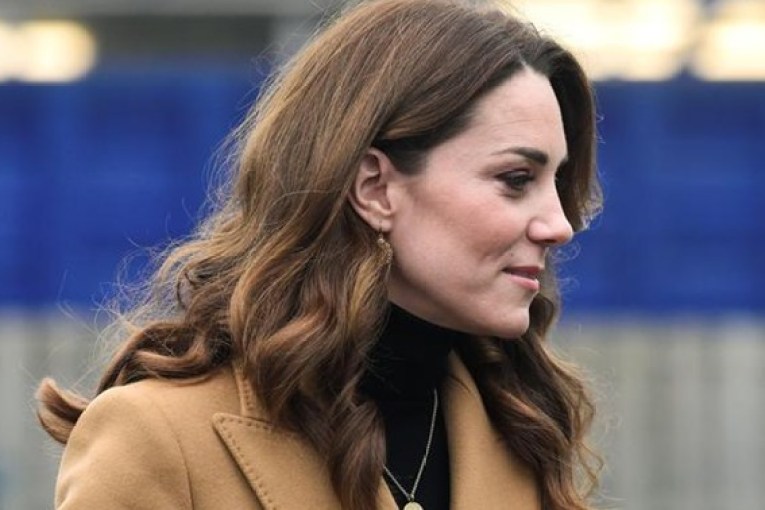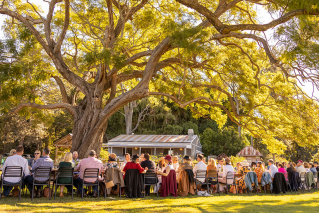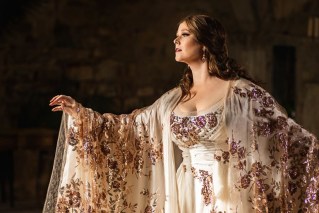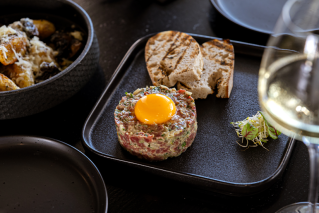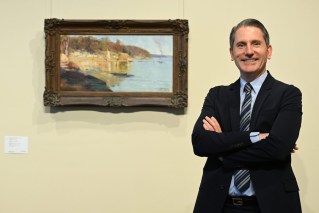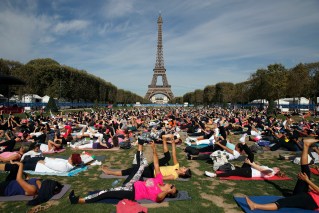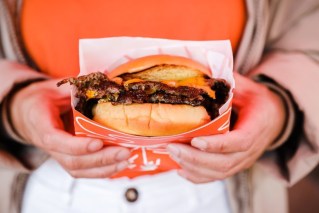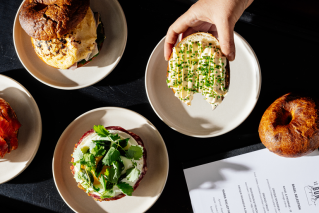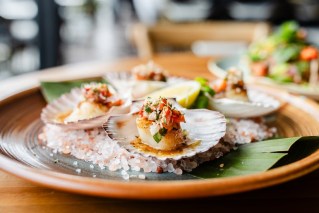Stronger together: The lessons learned from producing art in a plague
The past two years for the arts and culture industry have been a bittersweet paradox: the uptake in need for entertainment while job security falls through the floor.
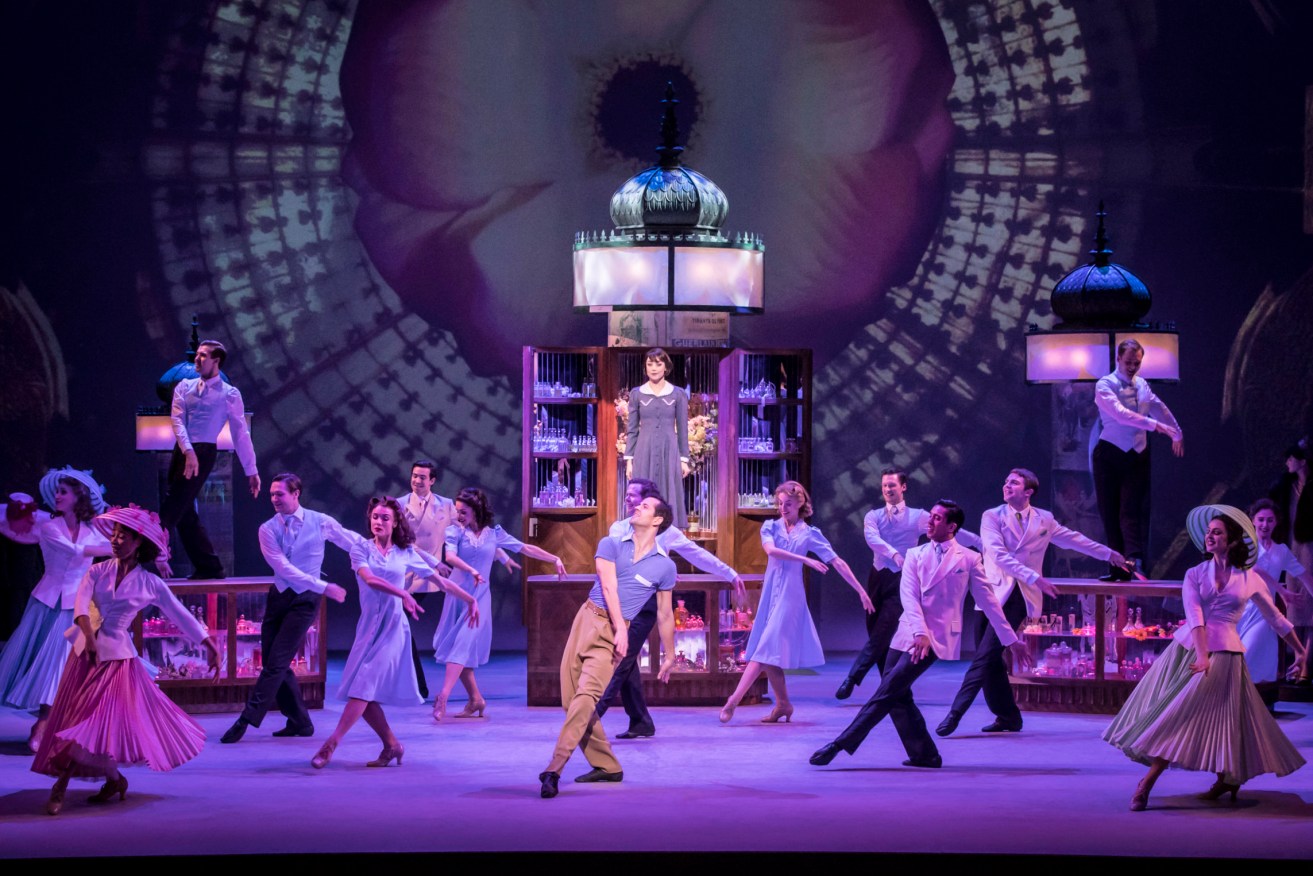
An American in Paris will be one of the first shows staged at QPAC in 2022 (Image: Johan Persson)
Love of craft and community from arts professionals has driven them through the pandemic, navigating an increasingly fragile industry.
There are few industries whose overarching goal in surviving the pandemic was to keep enough people in work so that the foundations don’t fall in.
This was, and remains, the goal of arts workers in 2022.
InQueensland spoke to La Boite Theatre, Metro Arts, and QPAC, multi-disciplinary arts venues and arts producers, who shared their lessons from working throughout Covid-19, and the doomed love of it all.
“We were aware we had a huge responsibility to find a way to provide employment in and amongst all the distressing and deep uncertainty,” said Zohar Spatz, chief executive of La Boite Theatre.
Spatz said the pandemic re-established what was important to them. As well as being the oldest continually-running theatre company in the country, their goal was to keep artists in work and champion diverse voices.
“The crisis made it even clearer for us that we needed to centre artists, even more so within the company. We needed to make sure that they were at the table,” said Spatz.
“When we let audiences into the venue for the first time back at the start of 2021, each time we had a celebration, we put on some free content or programming.
“That was really powerful. We understand that our role is to tell stories, we are a theatre-making company and we were able to continue to deliver on our mission during that period.”

La Boite executive director and chief executive Zohar Spatz. (Photo: Supplied)
Spatz said the importance of telling stories was clearer than ever and championing diverse stories was La Boite Theatre’s driving force.
“There is something about removing the layer of elitism and making art accessible and creativity accessible,” said Spatz.
“When we are in an environment of high uncertainty, not being able to feel grounded in any way, leaning into art, creativity, and play allows us to switch out of the sense of everything being so high stakes.
Spatz said the same sentiment extended to the lockdowns, which reaffirmed how important community was to art.
“If we didn’t have access to film and music and books, where would we have been? We want to recreate those experiences for our audiences, but we want to do that live in an environment where we can gather and we can share that with one another.
“This year is going to be complicated. Whatever 2022 looks like, we prioritise the people, we lead with compassion and kindness.
“Across Brisbane, across our audiences and artists we are stronger when we’re together. If we pull our resources and provide audiences with extraordinary experiences we’re going to keep on striving, not just surviving in a post-Covid world.”
The pandemic exposed fault lines in the arts industry in terms of the insecurity of employment, and the tenuousness of staging shows.

Metro Arts artistic director and chief executive Jo Thomas. (Photo: Supplied)
“We recognised early on that we had to come up with some new strategies to keep everyone working,” said Jo Thomas, chief executive and creative director of Metro Arts.
“We’ve been really lucky because our new West End facilities are fantastic, the foot traffic here has increased exponentially. We’ve been able to offer about 800 to 900 artists paid work in the last 18 months.
“Something I noticed early on was artists’ mental health was really declining because people are so connected to the work they do. They love what they do and that has been taken from them,” said Thomas.
“We were starting to feel a sense of questioning and dismay, so we set out trying to keep everyone activated and engaged which worked well for us.
“I know one of my first chances to get back in a theatre I felt like, ‘Ah, here are my people. Here we are laughing, crying, experiencing this together’,”
Thomas said there is a unique tenuousness to insecure work in the arts industry, people pursue it for the love of it despite the uphill battle.
“Arts activities are what kept the whole community alive and well. Everyone was listening to music, dancing in their lounge room, watching movies and TV and reading books and this is what keeps us together as people. It tells our stories, it builds that culture and connection.
“But I think what we missed during all of that was sharing it with other people. We experience culture together, not in a vacuum.”
John Kotzas, chief executive of QPAC, said that the past few years have illuminated how important shows are to the community, but also the fragility of the arts ecosystem.
“Covid-19 really challenges the way we think about the nature of our business. It turned everything on its head because we are so used to running at pace. Pre-Covid, we were doing 250 seasons a year, 1,200 performances to 1,300 performances annually.

QPAC chief executive John Kotzas. (Image: Supplied)
“We were so used to being a really well-oiled machine when suddenly that came to stop, we had to reimagine how to wind it up again.
One of QPAC’s proud moments was becoming the first venue in the country, and one of the first venues in the world, to return to 100 per cent capacity for shows.
“The long-term lesson in all this is that we’re reminded of the significance of having a really strong working relationship and close relationship with the public and our audience.”
Kotzas said the past two years have illuminated how fragile the arts sector truly is.
“Not only was that a kind of positive relearning of how we did work, it was also a big reminder to us, how over-dependent we are on being connected throughout the country,” he said.
“The performing arts sector across Australia is very fragile. It needs every state to be interconnected.”
This insecurity within the sector in spite of the increasing success of performing arts venues such as QPAC.
“Over the last 10 years pre-Covid, QPAC doubled its attendance, which is a reflection of the sophistication of the city.
“It is the arts which play a large part in helping us form that culture, that glue. It helps us form an understanding of who we are. It gives us that sense of belonging.
“What Covid-19 did was make us stay away, stay in our houses isolated. As soon as we had an opportunity to come together in a performance or attend an art gallery, we came out because that is what makes us fall into a society, because we were sharing things and given that social experience.
“It is that interaction that gives us our humanity.”
